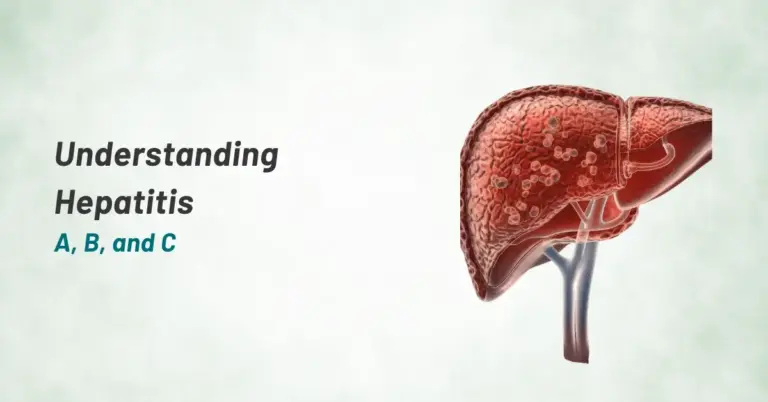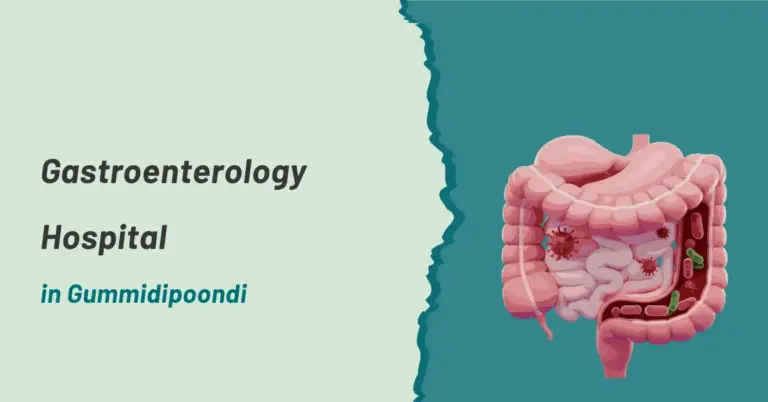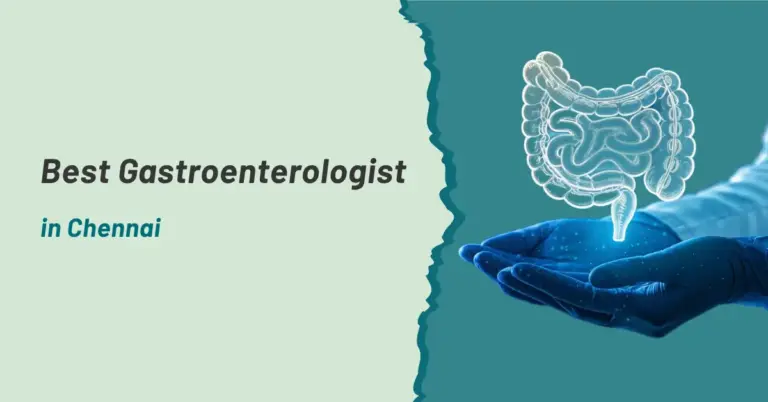Viral hepatitis is a major global health issue that includes infections like Hepatitis A, B, and C. These diseases, caused by distinct viruses, affect millions worldwide, leading to severe public health challenges. Each type varies in terms of transmission, symptoms, and treatments. This blog aims to provide a deeper understanding of these diseases and how they can be managed and prevented.
Hepatitis A: The Traveler’s Concern
Hepatitis A is a highly contagious liver infection caused by the Hepatitis A virus (HAV). The virus often spreads through contaminated food or water, and is prevalent in regions with poor sanitation and hygiene.Symptoms can include fever, fatigue, jaundice, and, in severe cases, acute liver failure. Fortunately, the infection is usually mild and self-limiting, and it does not lead to chronic liver disease.The primary method of prevention is vaccination. It is especially recommended for travelers visiting endemic areas. Emphasizing hygiene and proper sanitation is essential in reducing Hepatitis A cases.
Hepatitis B: A Persistent Threat
Hepatitis B, caused by the Hepatitis B virus (HBV), poses a more serious threat. It can cause both acute and chronic liver conditions. Transmission occurs through blood, unprotected sexual contact, and from mother to child during childbirth.Chronic Hepatitis B can lead to liver cirrhosis and even hepatocellular carcinoma, making it a major cause of liver cancer globally. Symptoms may include dark urine, abdominal pain, and persistent nausea.Vaccination is highly effective in preventing Hepatitis B. For chronic cases, antiviral medications help manage symptoms, but there is currently no complete cure. Regular screening for liver function and cancer is essential for individuals with chronic HBV infection.
Hepatitis C: The Silent Epidemic
Hepatitis C, caused by the Hepatitis C virus (HCV), primarily spreads through blood-to-blood contact. High-risk groups include intravenous drug users and those who have received unscreened blood transfusions.Hepatitis C is often asymptomatic in its early stages, making it a “silent epidemic.” As the disease progresses, it can lead to severe liver damage, cirrhosis, and liver cancer.The introduction of direct-acting antivirals (DAAs) has revolutionized Hepatitis C treatment, offering a high cure rate. However, no vaccine exists for Hepatitis C, making prevention measures such as blood donor screening and harm reduction strategies crucial.
Comparative Analysis and Public Health Implications
Hepatitis A, B, and C differ significantly in transmission modes, severity, and management. Let’s explore their distinctions:Hepatitis A focuses on environmental hygiene and is preventable through vaccination and improved sanitation.Hepatitis B emphasizes vaccination and routine monitoring to mitigate risks of liver complications.Hepatitis C is treatable with advanced medications, but the lack of a vaccine underscores the importance of preventive measures and early diagnosis.
Global Health Perspective
Viral hepatitis poses a substantial public health burden worldwide. Strategies should focus on public awareness, vaccination campaigns, harm reduction for high-risk groups, and early detection methods. Collective efforts in addressing these challenges can significantly reduce the global impact of these infections.
Conclusion
Understanding the differences between Hepatitis A, B, and C is crucial for effective prevention and management. From vaccination to treatment advances, each type of viral hepatitis presents unique challenges that require targeted strategies. By increasing awareness, promoting vaccinations, and emphasizing preventive measures, we can work towards minimizing the impact of viral hepatitis globally. If you have concerns or are at risk, consult a healthcare professional for screening and vaccination recommendations.
Also Read : HOW TO MANAGE DIABETES WITH THE RIGHT FOOD CHOICES?











